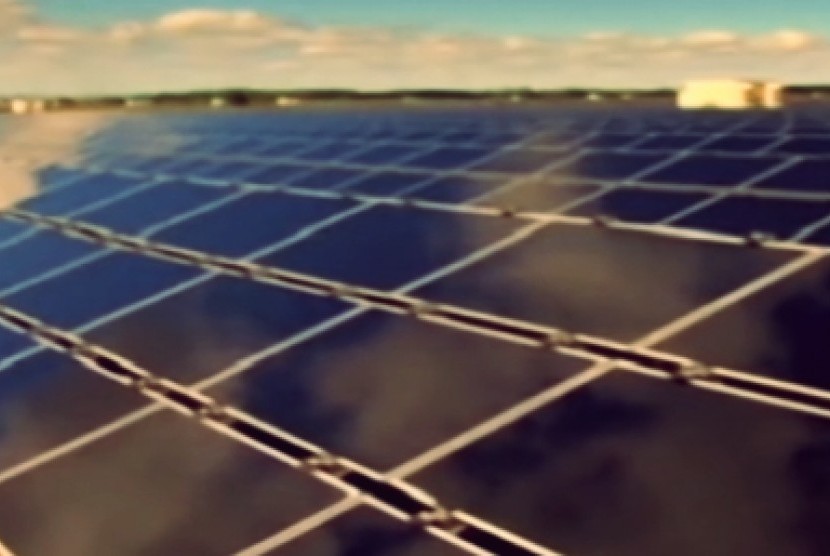REPUBLIKA.CO.ID, MALANG -- Five Indonesian students from Brawijaya University have invented alternative polymers made of reeds to replace non-organic materials in solar cells.
"This study is inspired by the energy crisis. Most of the energy used so far is from petroleum, coal, and natural gas that cannot be renewed," a research team member Yosua said here Wednesday.
One of the renewable energies that has been applied is solar energy which is stored in solar panels, he explained.
However, the inorganic solar cell that has been widely applied is still less efficient at absorbing sunlight and is relatively expensive.
"A solar cell made of organic polymers has the potential to be developed as it has many advantages, including easy to make, low cost, and environmentally friendly, in addition to flexible and lightweight, and easy to install," he said.
Reed was chosen as the base material because of its potential to synthesize chemicals namely polifuran, another research team member Umi Masruroh said.
Reed has long fibers and contains high hemicellulose, she explained.
People think of reeds as wild plants and an agricultural disturbance, she said, adding, "We want to make reeds helpful."
The reed synthesized into polifuran as a polymer for the solar cell module is carried out through several stages namely hydrolysis, oxidation, decarboxylation and polymerization, Umi explained.
Polifuran is a semiconductor material that can convert photon energy into electrical energy, so it can be used as an active layer in organic solar cell module as it is stable.
"The study of non-organic solar cells has been tested using IR spectrophotometry, GC (Gas Chromatography) and TLC (Thin Layer Chromatography). We hope this research can be further developed," she said.


